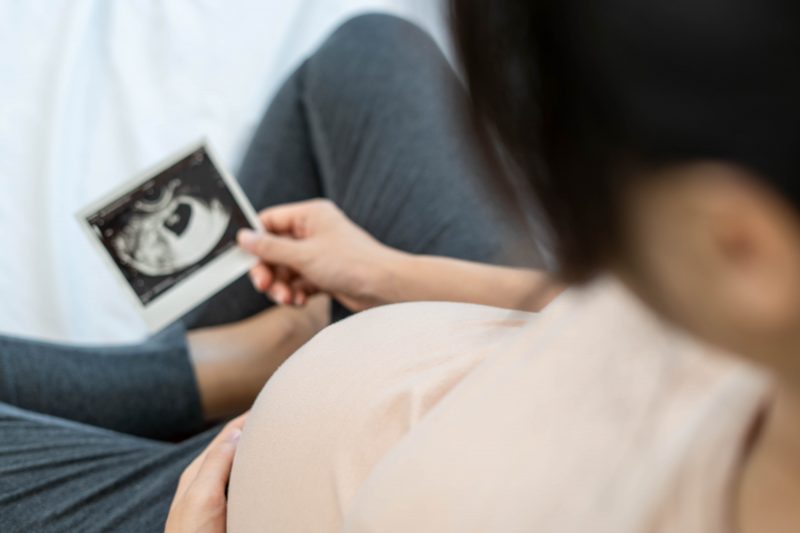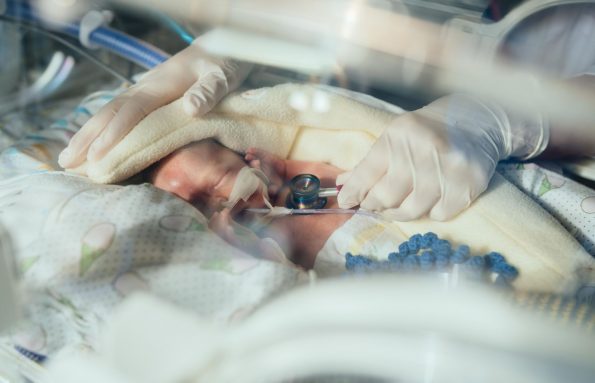Receiving a cancer diagnosis can be overwhelming, with numerous considerations coming to the forefront. Among the concerns is the potential impact of cancer and its treatment on fertility. Fortunately, advances in medical science have opened up options for fertility preservation, allowing women with cancer to safeguard their reproductive future.
Here we’ll be exploring how some cancer treatments can affect the female reproductive system and ways in which women can preserve their fertility while undergoing treatment.
“Nowadays, the medical field evolved and there are advanced treatments that help preserve fertility in female cancer patients who are still planning to get children. At SSMC, we are committed to bringing innovation to create hope and a better future for all.”
Quote by doctor: Dr. Muhieddine Seoud
The impact of cancer treatment on fertility
Chemotherapy: Chemotherapy uses medications to kill or slow the growth of cancer cells. It is commonly used to treat various types of cancer and can be effective in controlling or even curing the disease. Women who undergo chemotherapy are likely to experience irregular menstrual cycles, premature ovarian failure and a diminished ovarian reserve, which makes it difficult to conceive.
Radiation therapy: Radiation therapy uses high-energy beams to target and destroy cancer cells. Female fertility can be negatively affected by radiation directed at or near reproductive organs and high doses can destroy eggs, resulting in infertility.
Surgery: Cancer surgery affects female fertility in a variety of ways, depending on the type and location of the cancer and the extent of the surgical procedure. The removal of reproductive organs like the ovaries, uterus or cervix may result in infertility.
Fertility preservation options for women with cancer
Egg freezing (oocyte cryopreservation): This technique involves retrieving mature eggs from the ovaries, freezing them and storing them for future use. Once you’re ready to have a family, the eggs can be thawed, fertilized with sperm and implanted into the uterus.
Embryo cryopreservation: In this method, eggs are retrieved and fertilized with sperm to create embryos. The embryos are then frozen and stored. Later, they can be thawed and transferred into the uterus for implantation.
Ovarian tissue cryopreservation: This option involves removing a portion of the ovary before cancer treatment and freezing it. After recovery, the tissue can be transplanted back into the body, allowing natural hormone production and potential fertility restoration.
GnRH agonist suppression: By using a medication called a gonadotropin-releasing hormone (GnRH) agonist, ovarian function can be suppressed during cancer treatment. This may help protect the ovaries from the toxic effects of chemotherapy or radiation therapy.
In vitro maturation (IVM): This approach involves collecting immature eggs from the ovaries and allowing them to mature in a laboratory setting before freezing or fertilization.
Nowadays, you can rest assured knowing there are several options available for preserving your fertility during cancer treatment. Consult a gynecologist oncologist before starting cancer treatment so they can determine what preservation options are best suited to your long-term family planning goals.






